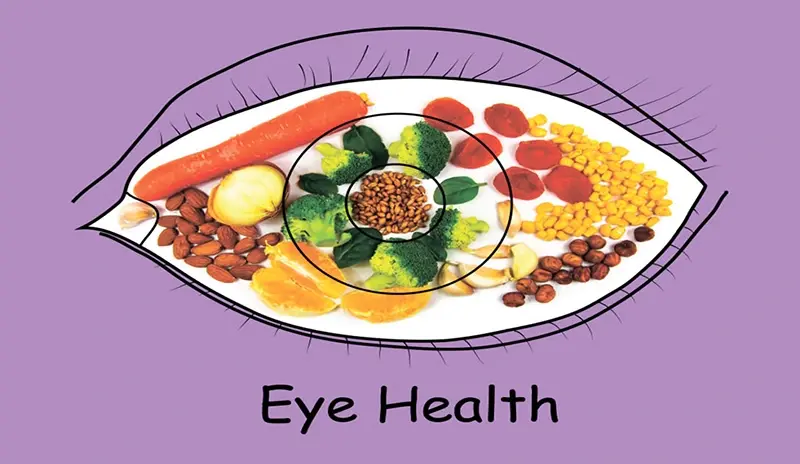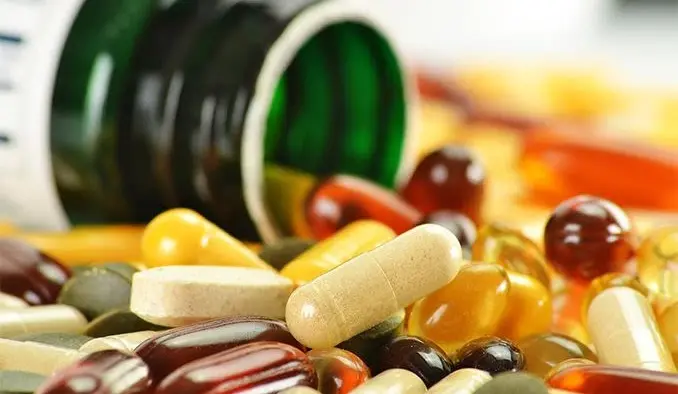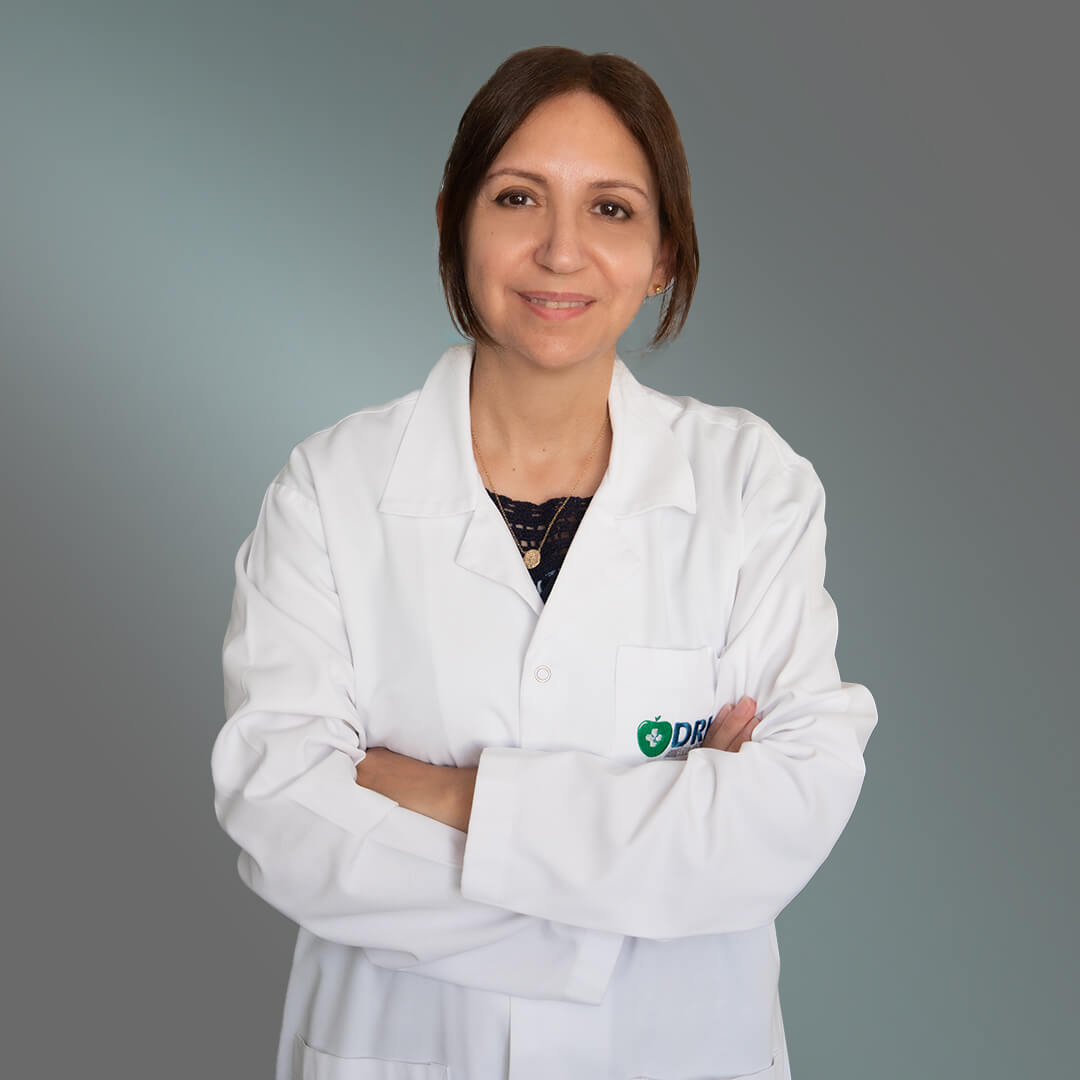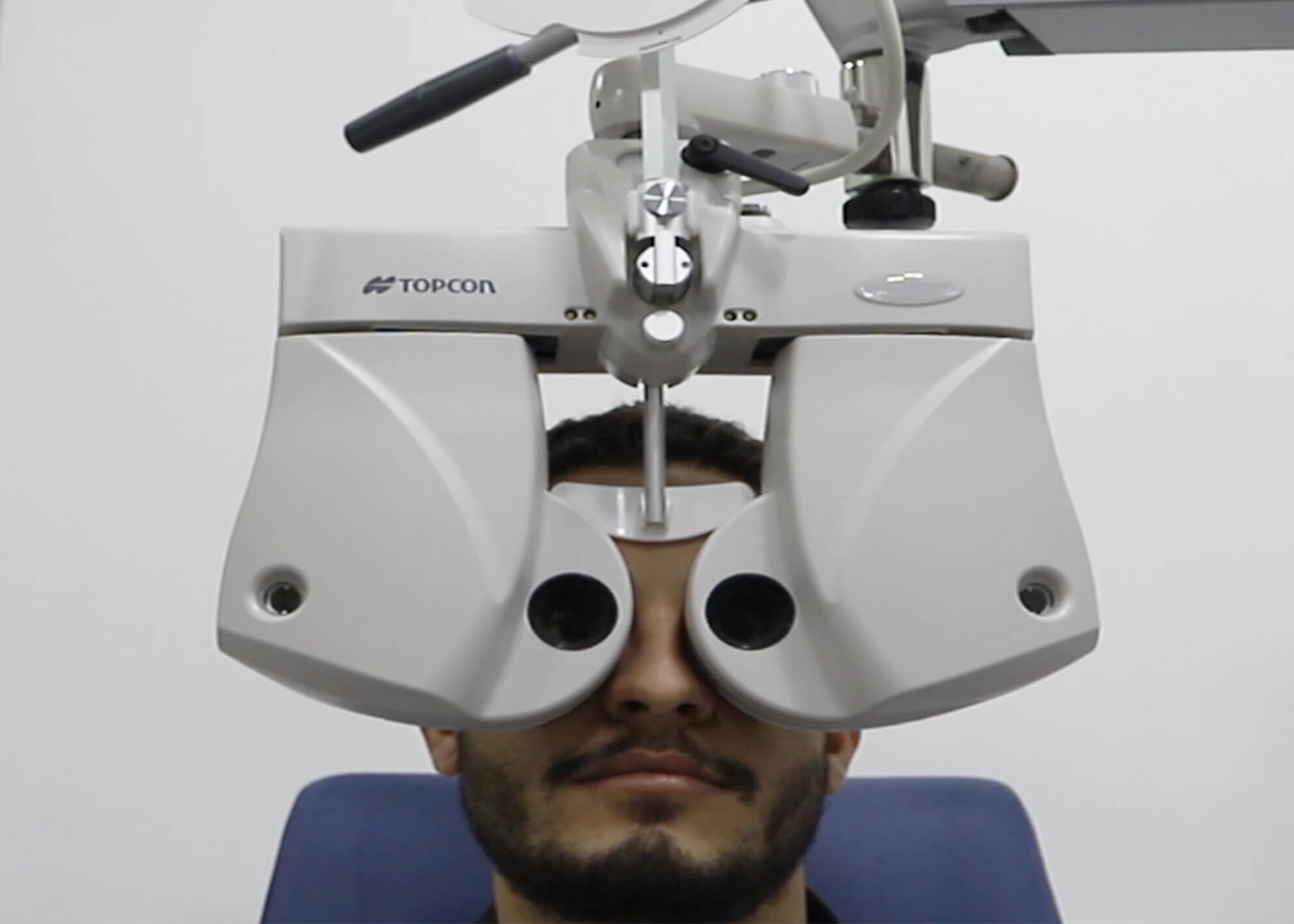Eye Health & Nutrition at Eye Clinic DRHC Dubai
A balanced diet is critical for maintaining not just overall health but also the health of your eyes. Proper nutrition provides the essential building blocks that keep your eyes functioning well and help reduce the risk of common eye diseases. At DRHC Dubai, we emphasize the importance of nutrition for eye care and offer guidance on how to protect your vision through the right foods and supplements.
How Nutrition Impacts Eye Health
The eyes, like any other part of the body, rely on a steady supply of nutrients to function properly. Without sufficient vitamins, minerals, and antioxidants, the eyes become more susceptible to damage from oxidative stress, environmental factors, and aging. Good nutrition can help slow down the natural deterioration of vision and prevent a range of conditions that could otherwise affect your sight.
Nutrients Essential for Eye Health
1. Beta-Carotene
Beta-carotene is a precursor to vitamin A, one of the most critical vitamins for eye health. It helps maintain the surface of the eye and is essential for good night vision. Beta-carotene also acts as an antioxidant, protecting the eyes from damage caused by free radicals.
- Source of Beta-Carotene: Carrots, sweet potatoes, butternut squash, and pumpkins.
2. Selenium
Selenium is a trace mineral that works alongside antioxidants like vitamin E to prevent oxidative damage to the eyes. It helps reduce the risk of cataracts and age-related macular degeneration (AMD) by neutralizing free radicals.
- Source of Selenium: Brazil nuts, tuna, eggs, and sunflower seeds.
3. Copper
Copper is a mineral that supports the structural health of the eye by helping the body produce melanin, a pigment that protects the eyes from sun damage. Copper also plays a role in reducing the risk of AMD by supporting proper blood flow to the retina.
- Source of Copper: Shellfish, seeds, nuts, and whole grains.
Eye-Friendly Foods You Should Incorporate
At DRHC Dubai, we encourage incorporating a wide range of eye-friendly foods into your diet. Some of the best options include:
- Leafy Green Vegetables: Rich in lutein and zeaxanthin, leafy greens like spinach and kale are powerful protectors of the retina, helping filter harmful blue light and prevent eye damage.
- Fish: Oily fish such as salmon, mackerel, and sardines are rich in omega-3 fatty acids, which help reduce inflammation and prevent dry eye syndrome.
- Fruits & Vegetables High in Vitamin C: Oranges, bell peppers, strawberries, and kiwi are all rich in vitamin C, which strengthens the blood vessels in the eyes and helps delay cataract formation.
- Whole Grains: Brown rice, quinoa, and oats are good sources of vitamin E, zinc, and niacin, all of which support eye health by maintaining a stable blood sugar level, which is important for preventing diabetic retinopathy.
- Eggs: In addition to being rich in lutein and zeaxanthin, eggs also contain vitamin E, which protects the eyes from free radical damage.
The Role of Antioxidants in Eye Health
Antioxidants play a crucial role in preventing eye diseases by protecting the delicate tissues in the eyes from oxidative damage. Over time, free radicals can damage the retina and other eye structures, leading to conditions such as cataracts and macular degeneration. By neutralizing these free radicals, antioxidants like vitamins A, C, E, and carotenoids (lutein and zeaxanthin) help to preserve your vision as you age.
Preventing Age-Related Eye Diseases
Antioxidants, particularly those found in a nutrient-rich diet, can significantly reduce the risk of age-related eye conditions. These include
- Age-Related Macular Degeneration (AMD): This condition affects the central vision and is a leading cause of vision loss in older adults. Nutrients like lutein, zeaxanthin, vitamin C, and omega-3 fatty acids can help protect the macula and slow the progression of AMD.
- Cataracts: Cataracts cause the lens of the eye to become cloudy, leading to vision impairment. Antioxidants such as vitamins C and E are believed to slow the development of cataracts and support clear, healthy lenses.
- Glaucoma: Although glaucoma primarily results from high pressure in the eye, good nutrition can support overall eye health and reduce the risk of damage to the optic nerve. A diet rich in vitamin A and antioxidants can aid in this.







.png?width=281&height=59&name=bookanappointment%20(1).png)






